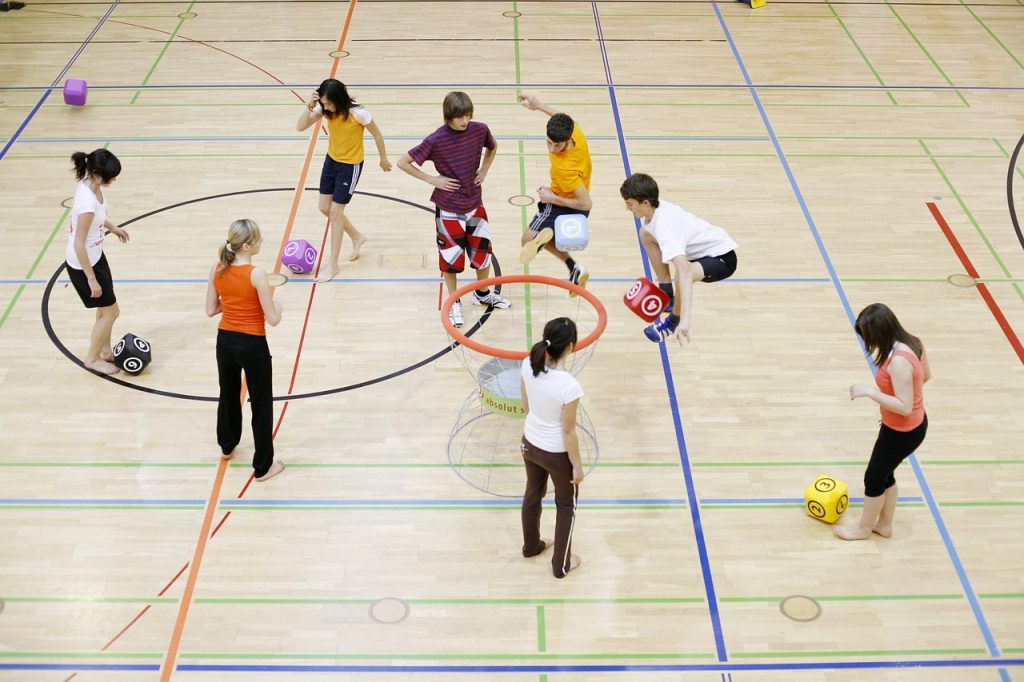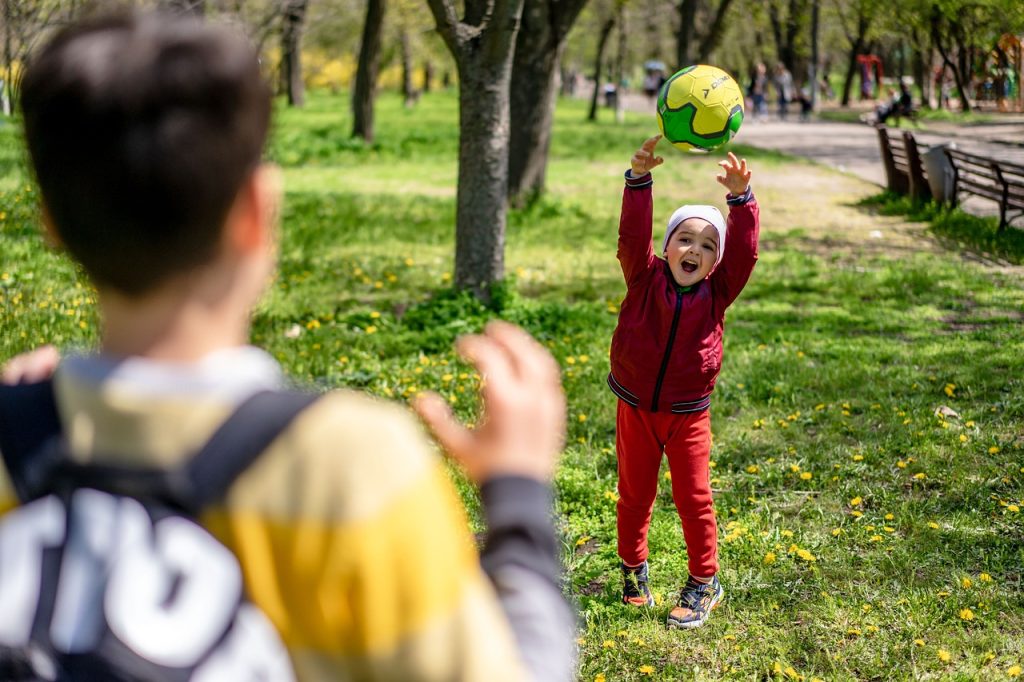Table of Contents
Social skills are essential for children to build friendships, communicate effectively, and navigate different social situations with confidence. While some children are naturally outgoing, others may need more guidance to develop these skills. Here’s how you can support your child in building strong social skills, inspired by the teachings of this private school in Northampton.
1. Encourage Playdates and Group Activities
One of the best ways for children to develop social skills is through play. Organising playdates, enrolling them in group activities, or encouraging them to join clubs can help them interact with peers in a fun and relaxed environment. Team sports, drama groups, or community clubs provide structured opportunities to learn cooperation, teamwork, and empathy.

2. Teach the Importance of Good Manners
Saying “please” and “thank you” may seem simple, but they go a long way in social interactions. Teaching your child to be polite, listen attentively, and respect personal space can help them form positive relationships. Role-playing different social situations at home can be a great way to reinforce these manners.
3. Help Them Understand Emotions
Understanding emotions—both their own and those of others—is a key aspect of social skills. Encourage your child to talk about their feelings and recognise emotions in others by discussing facial expressions and body language. Reading books that explore different emotions or watching movies together and discussing the characters’ feelings can help children develop emotional intelligence.
4. Model Positive Social Behaviour
Children learn by example, so demonstrating good social skills yourself is crucial. Show them how to greet people warmly, engage in conversations, and handle conflicts calmly. If they see you actively listening, being kind, and showing empathy, they will be more likely to mimic these behaviours.
5. Encourage Conversation and Active Listening
Effective communication is at the heart of good social skills. Encourage your child to participate in conversations by asking open-ended questions and showing interest in their responses. Teach them the importance of taking turns in conversations, making eye contact, and listening attentively rather than interrupting.
6. Give Them Opportunities to Solve Problems
Conflicts are a natural part of social interactions, and knowing how to handle them is an important skill. Instead of immediately stepping in to resolve disagreements, guide your child in finding solutions themselves. Ask questions like, “How do you think you can solve this?” or “What would be a fair way to fix this problem?” This helps them develop problem-solving and negotiation skills.

7. Provide Constructive Feedback
When your child struggles in social situations, provide gentle guidance rather than criticism. If they interrupt a conversation or struggle to share, use it as a teaching moment. For example, you might say, “I noticed you were excited to talk, but it’s also important to let others have a turn.” Positive reinforcement, such as praising them for being kind or sharing, can also encourage good social habits.
8. Support Their Confidence
Confidence plays a big role in social interactions. Encourage your child to express themselves and try new things, even if they feel shy at first. Helping them develop a positive self-image and reassuring them in social settings can make a big difference in how they interact with others.
Developing social skills takes time, but with patience and practice, children can learn how to build strong and meaningful relationships. By providing opportunities for interaction, teaching empathy, and leading by example, you can help your child grow into a socially confident and well-adjusted individual.

